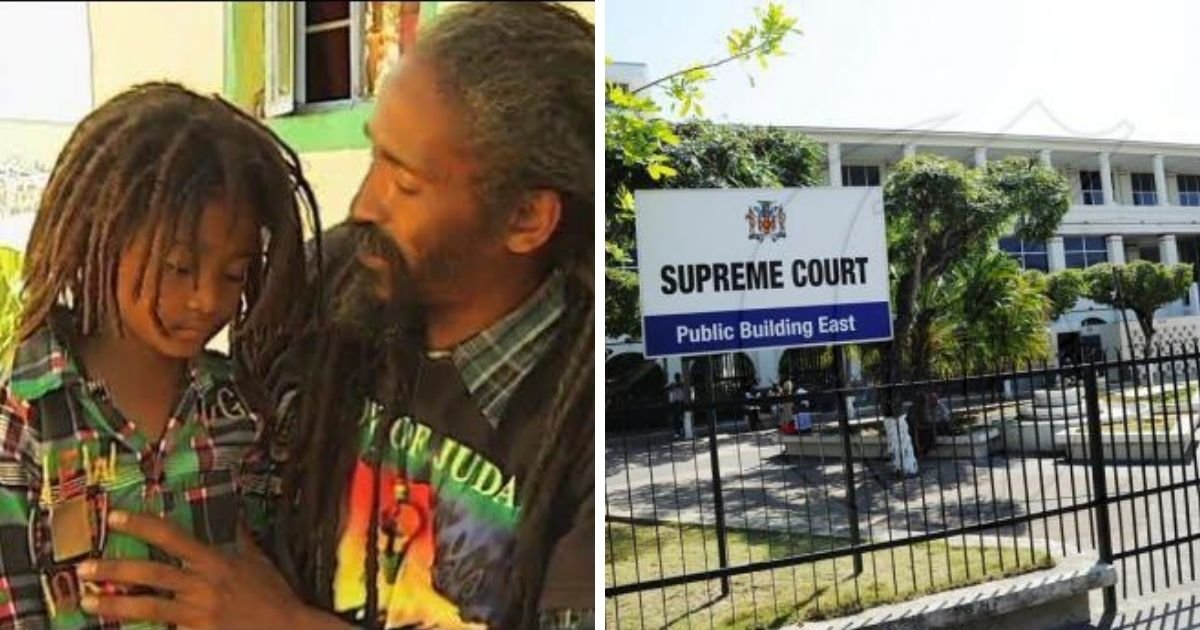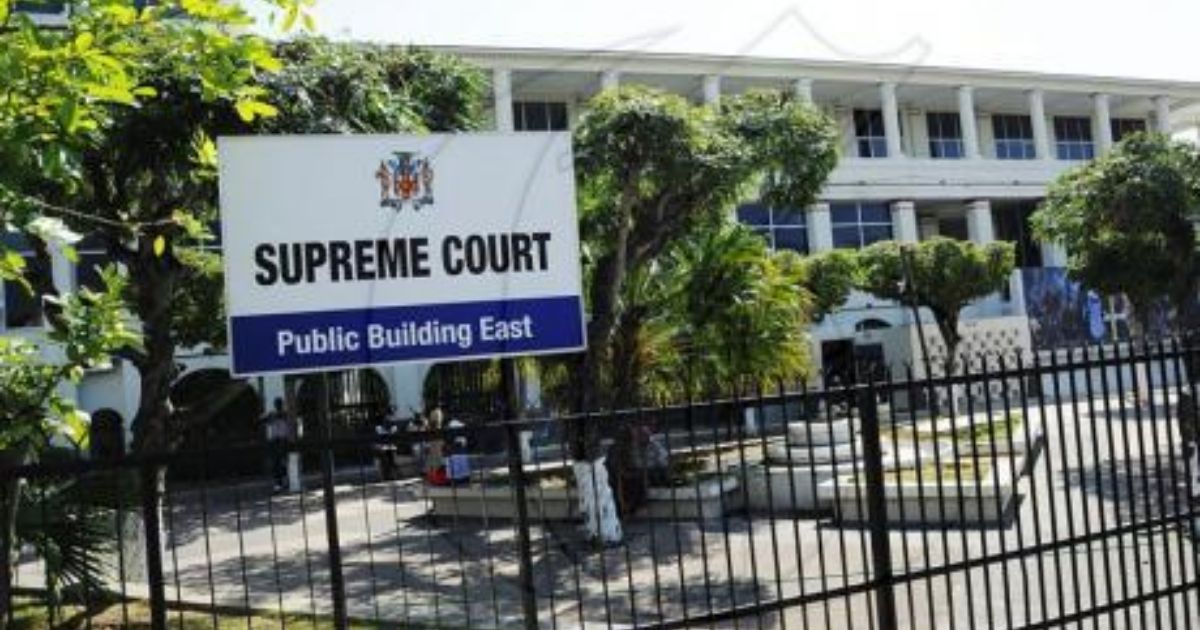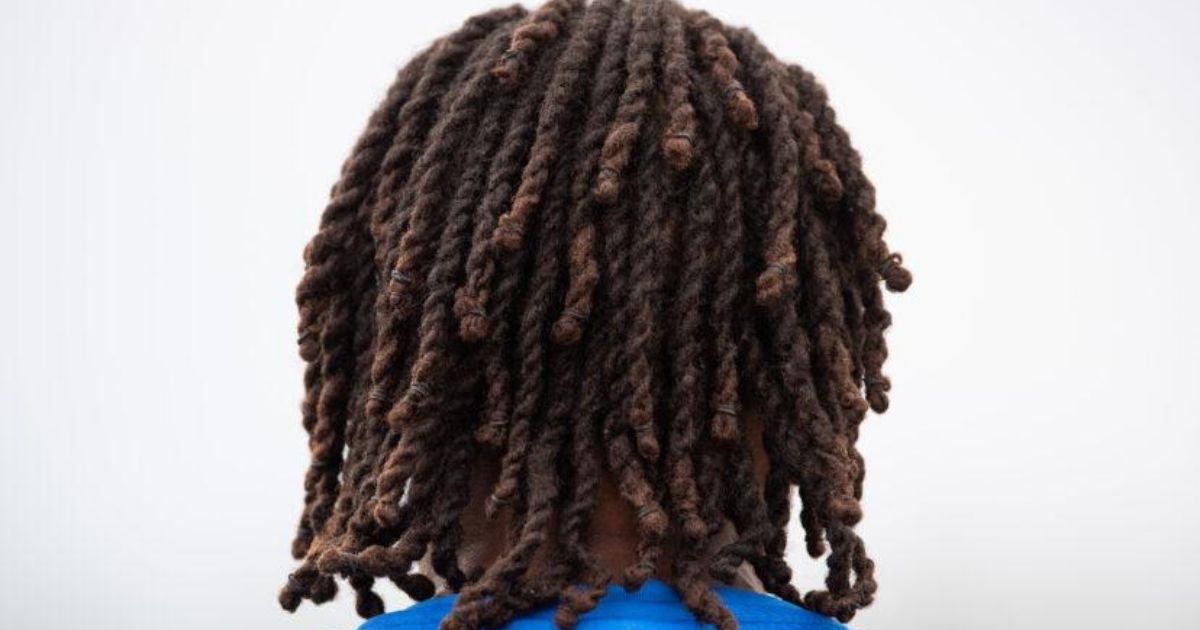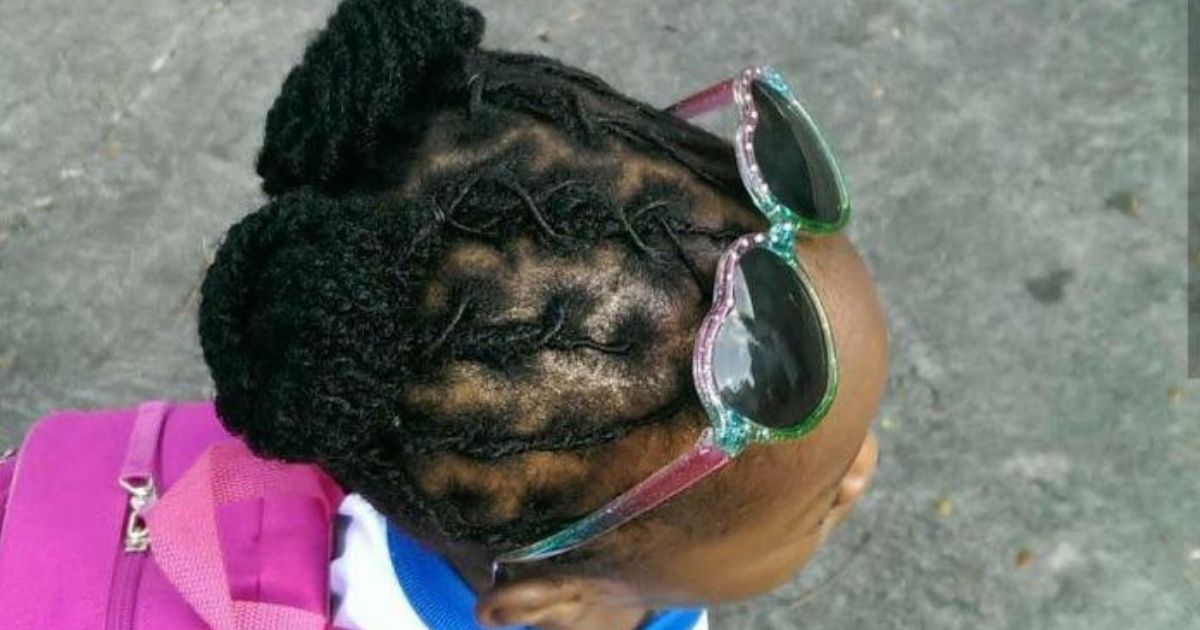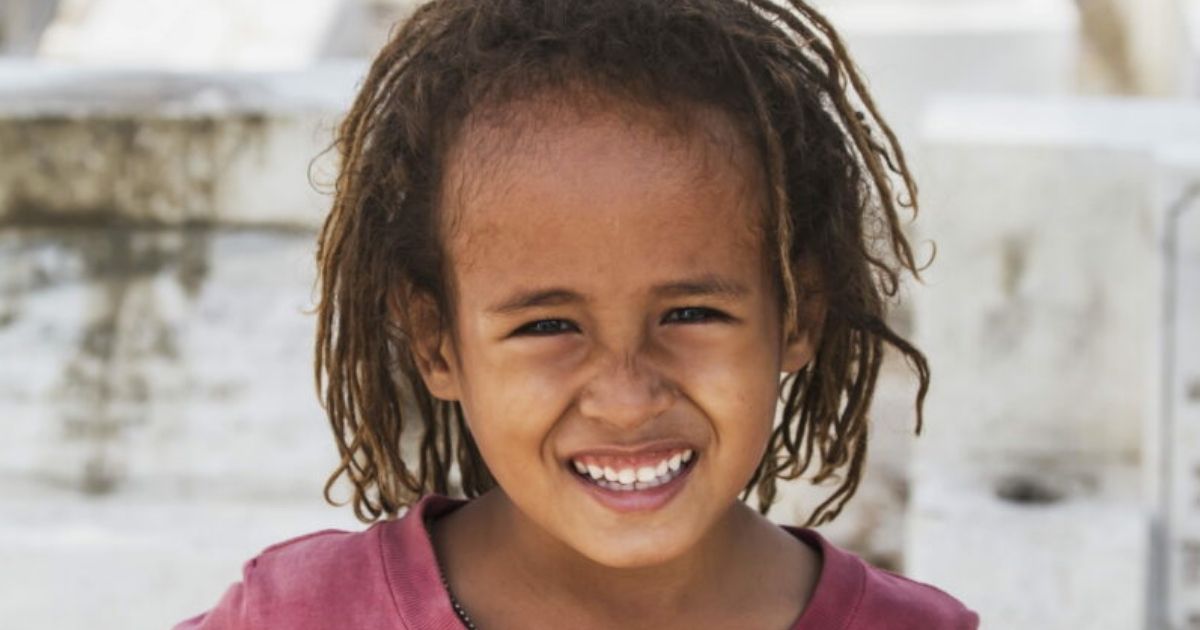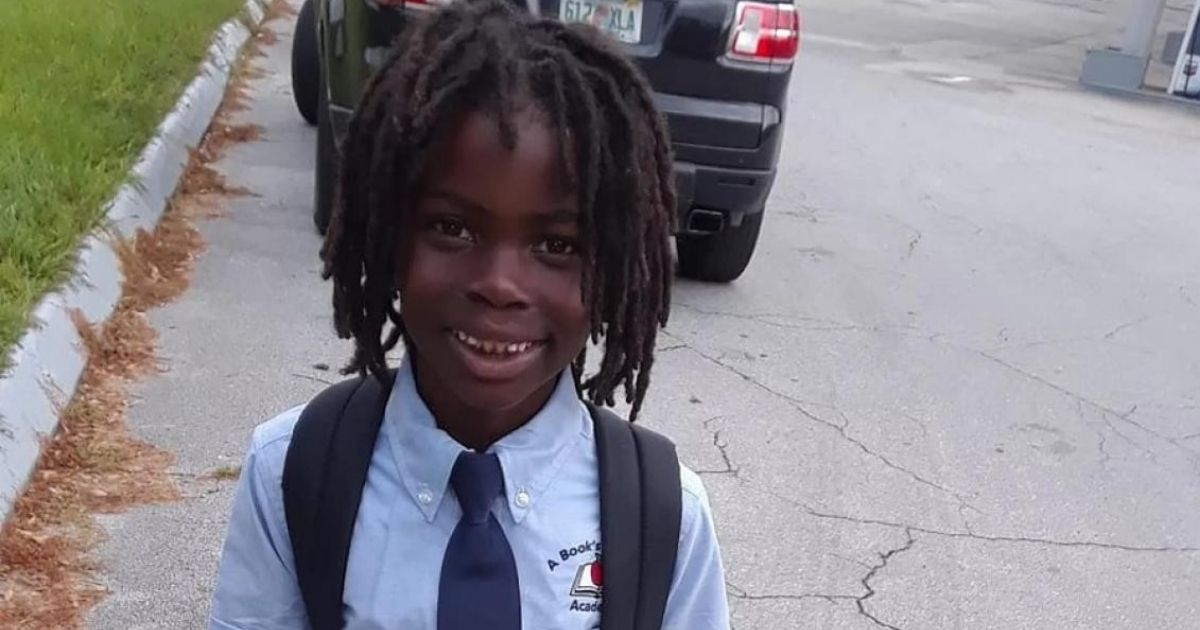The Supreme Court of Jamaica has upheld a primary school’s decision to ban dreadlocks.
The ruling came after a two-year legal battle between Kensington Primary School in Kingston and the parents of a then-five-year-old who was told she must cut her dreadlocks for ‘hygiene’ reasons if she wished to attend the school.
The court case touched on identity issues given that dreadlocks are an iconic symbol of Jamaican Rastafarian culture.
A rights group named Jamaicans for Justice offered its support to the family, saying forcing the girl to cut her dreadlocks is a denial of her freedom of expression and right to education.
For some people, they saw the legal battle as a stand against the discrimination put against those who wear ‘natural’ hair, particularly Rastafarians whose dreads are part of their tradition.
After the ruling, the parents of the kid, Dale and Sherine Virgo, who also wear dreads themselves, say they will be appealing the decision.
“I will not be cutting my daughter’s hair. If they give me that ultimatum again, I will be moving her,” Sherine said in The Washington Post.
The little girl, who is now seven years old, is only addressed as ‘Z’ in the court papers because she’s a minor. Throughout the legal battle, Z continued to attend classes at the school, after the courts delivered an injunction against the Ministry of Education, which means she could go without having to cut her dreads.
“I am more than surprised. It is most unfortunate. It is a most unfortunate day for Black people and for Rastafarian people in Jamaica,” the family’s lawyer, Isat Buchanan had said.
On the other hand, Dale said the ruling is yet another example of systemic racism.
“A child was refused because of her Black hair, you know? It’s so weird that right now in the current climate of the world, in 2020, we are having protests, and Black people are fed up,” he said.
“This is an opportunity for the Jamaican government and the legal system had to right these wrongs and lead the world and make a change. But they have decided to keep the same system.”
Director of the Center for Reparation Research at the University of the West Indies, Verene Shepherd said that ‘discrimination on the grounds of hairstyle is wrong.’
“I do not think our children who are Rastafari and who express their culture through their hair should be discriminated against,” Shepherd explained.
Even if the Virgos don’t identify as Rastafarian, they say wearing dreadlocks is part of their identity, as the whole family wears the natural hairstyle.


